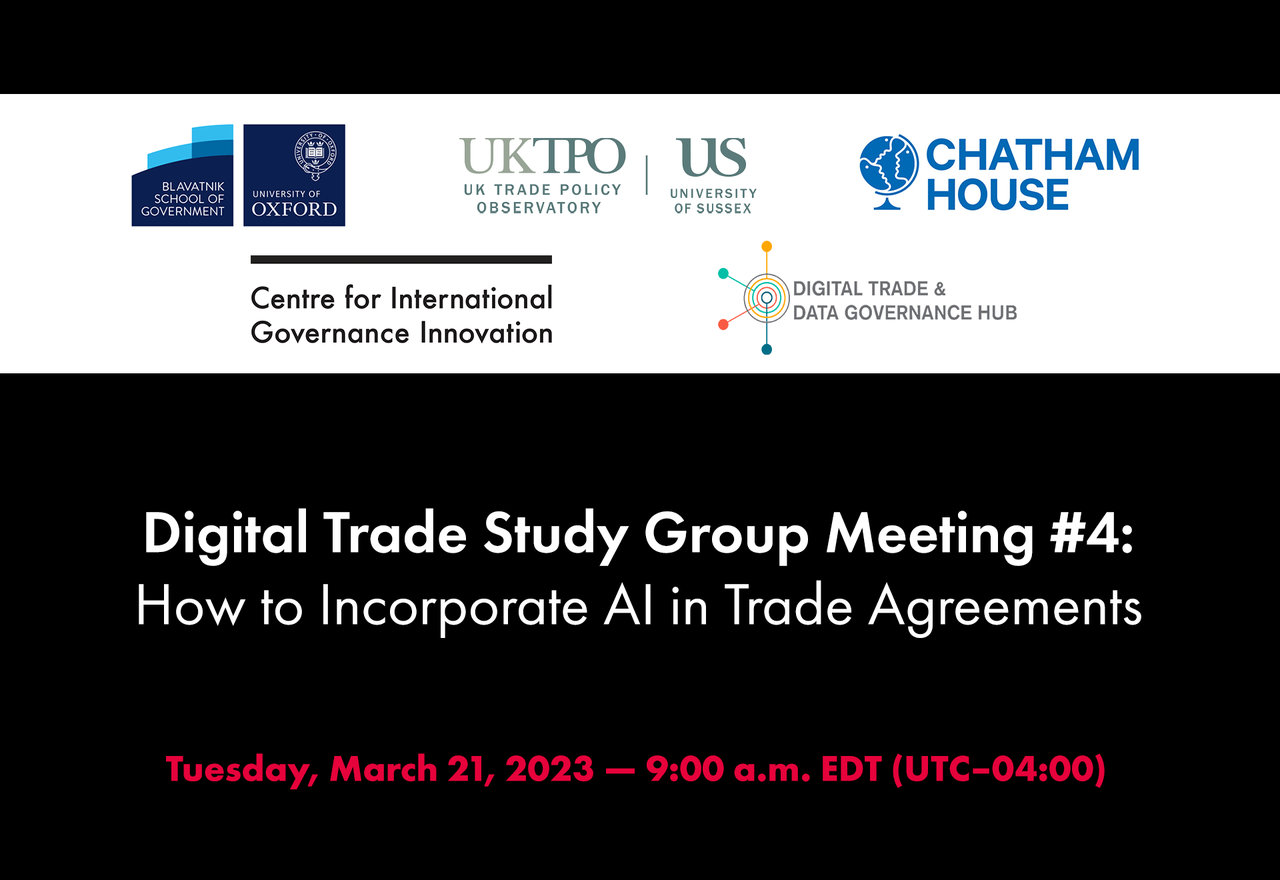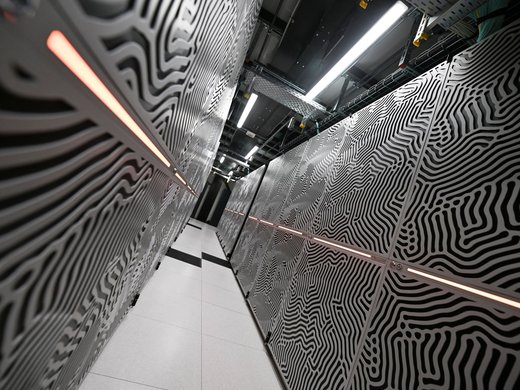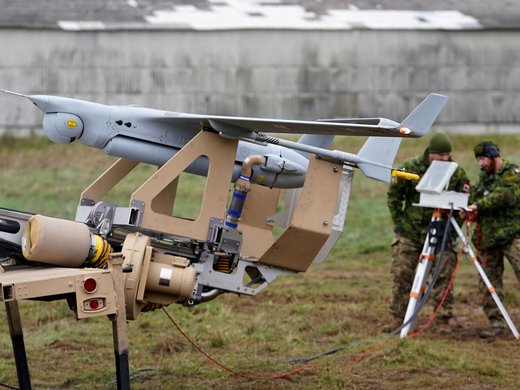Artificial intelligence (AI) is changing how we trade and what we trade, yet trade policy makers are just beginning to accommodate AI in trade agreements. For instance, various recent trade agreements include provisions that limit when a government body can require a foreign investor to disclose the source code or algorithms in its technology, and provisions that public data may be made available in a machine-readable format so that it can be easily utilized by computer systems. But trade negotiators may need to do more to address some of the trade issues associated with AI. Questions to consider include:
- Should trade agreements include provisions to encourage data sharing among various sectors?
- Should trade agreements address situations in which data was scraped from the Web, which may violate national personal data protection and copyright rules?
- Is “trustworthy AI” a process standard that violates norms of non-discrimination?
- How can we avoid a patchwork of trade rules governing AI?
- Are trade agreements the best format for cooperating on rules governing AI, or are other fora more suitable?
- What are considered to be the main policy issues for AI-exporting and AI-importing economies?
This webinar will examine how two trade agreements address AI and how they could address AI. Speakers Zee Kin Yeong of Singapore and Nicolas Schubert of Chile participated in negotiating such provisions.
The study group is co-organized by the Blavatnik School of Government, University of Oxford; UK Trade Policy Observatory, Sussex University; and Chatham House, all based in the United Kingdom; the Centre for International Governance Innovation in Waterloo, Ontario, Canada; and the Digital Trade and Data Governance Hub at George Washington University in Washington, DC.



